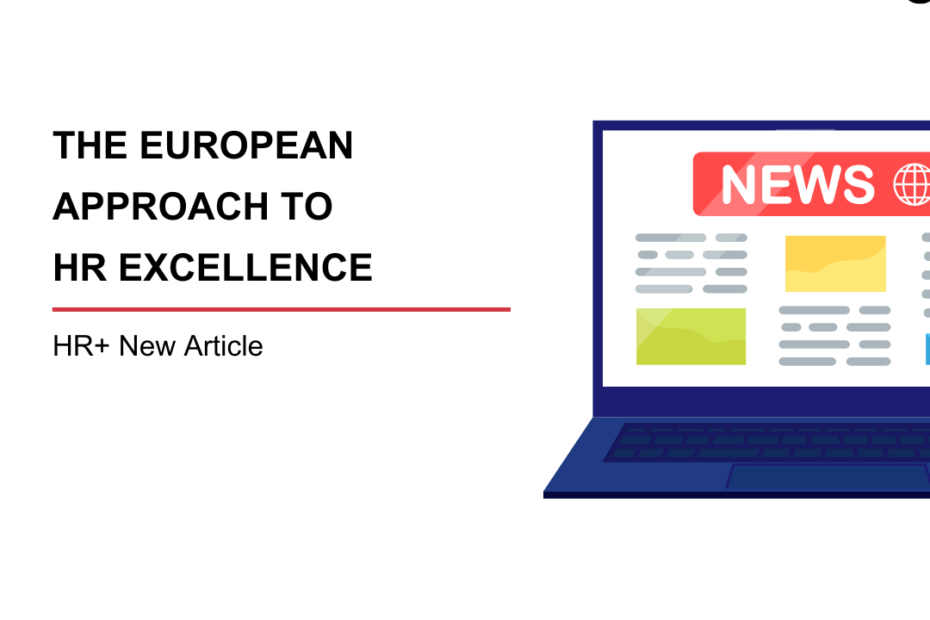European HR teams are reshaping workforce management by focusing on pay transparency, flexible work, AI, and diversity, equity, inclusion, and belonging (DEIB). DEIB is now a top-five priority, nearly three times higher than in the US, but real progress requires integrating it throughout the entire employee lifecycle.
Employee engagement strategies stand out in Europe, with learning programmes, flexible time off, remote work, and four-day work weeks. Cultural and regulatory factors support these benefits, making them more impactful.
Managers and HR teams in Europe are aligned on workplace priorities, agreeing on the importance of HR support for performance evaluation, feedback, and burnout management. Yet, HR is often perceived as administrative rather than strategic. By using data, HR professionals are demonstrating their role in business success—optimising processes, recruiting talent, and improving organisational structures.
AI is automating administrative tasks, freeing HR to focus on people. It helps identify bias in reviews and promotions, ensuring fairer practices. While AI is a valuable tool, HR experts warn against over-reliance, emphasising the need for human interaction.
Despite strong performance, European HR teams are facing burnout, with nearly half feeling overwhelmed. Administrative burdens remain a key issue, requiring greater organisational support, as well as more automation and outsourcing to ease workloads.
The success of European HR teams lies in balancing innovation with employee-centric policies. By prioritising DEIB, integrating AI, fostering engagement through flexible benefits, and demonstrating strategic value, they are shaping the future of HR.
Source: Lattice – How European HR Teams Are Preparing for 2025 – Emma Stenhouse
